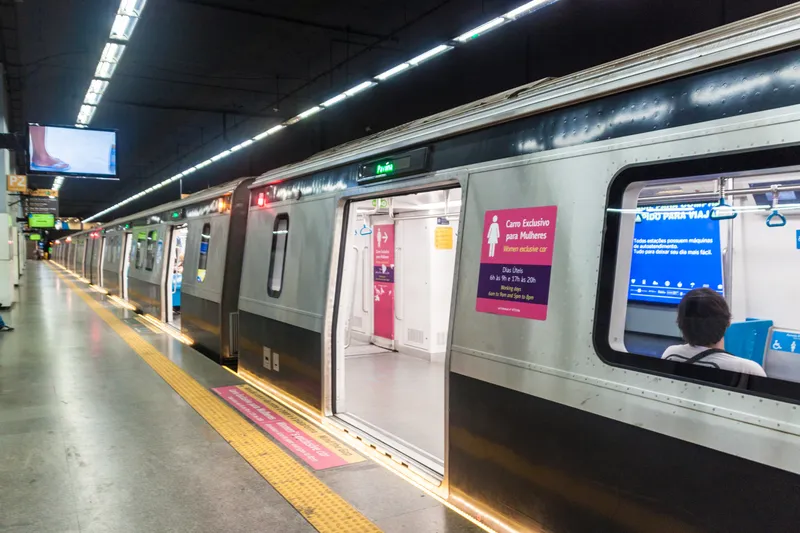Brazil's government has given private engineering company Estruturadora Brasileira de Projetos (EBP) 150 days to prepare technical studies for seven road stretches which are earmarked for privatisation. The concession auctions will involve 5,700km of state roads, the largest being a 1,423km stretch linking three motorways in Mato Grosso do Sul (BR 163, BR 267 and BR 262) to the Mato Grosso/Sao Paulo border.
August 10, 2012
Read time: 1 min
Brazil's government has given private engineering company 6347 Estruturadora Brasileira de Projetos (EBP) 150 days to prepare technical studies for seven road stretches which are earmarked for privatisation. The concession auctions will involve 5,700km of state roads, the largest being a 1,423km stretch linking three motorways in Mato Grosso do Sul (BR 163, BR 267 and BR 262) to the Mato Grosso/Sao Paulo border.
EBP will look at the environmental, technical, and economic viability of new road concessions. The company has banks6348 Banco do Brasil and 6185 Brazilian National Development Bank (BNDES) as its shareholders, in addition to 6349 Bradesco, 6350 Citibank, 6353 Espirito Santo, 6355 Itau, 6351 HSBC, 6352 Santander and 6354 Votorantim.
EBP will look at the environmental, technical, and economic viability of new road concessions. The company has banks









